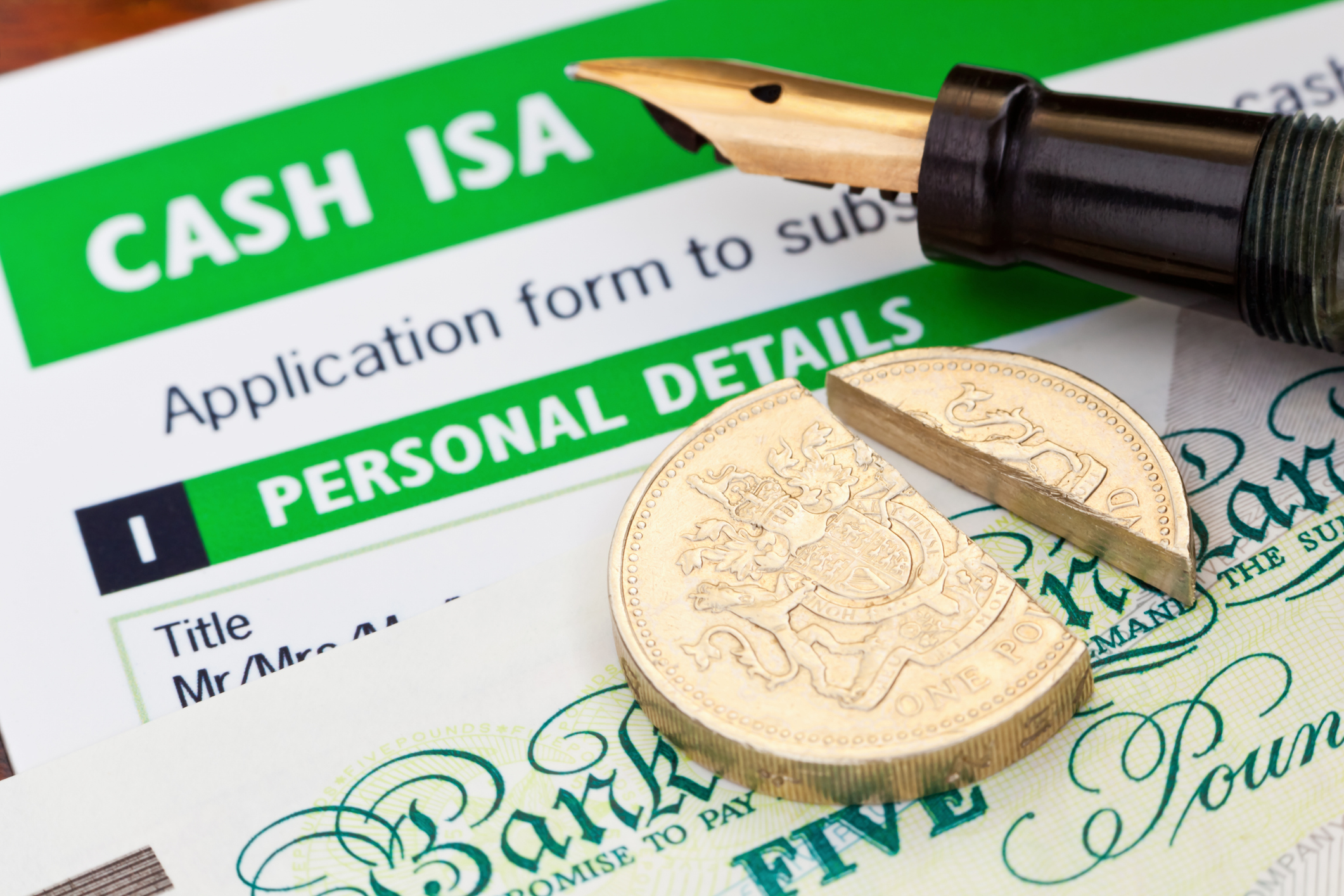By Amy Hamilton Chadwick
Copyright westpac

With baby boomers retiring in huge numbers, AI on the rise, and the economic cycle readying for its next growth phase, is this the perfect time to buy a business?
“I think this is a good time if you’re looking to purchase a business,” says Greig Evans, Westpac’s Southern Area Manager for Business. “More retirees are putting their businesses on the market, and we’re at a point where it’s easier to see potential efficiency improvements like AI. For younger people, it’s all coming together at a time when there are some good opportunities.”
Can you snap up a bargain?
With more businesses on the market this year, does that mean you can find a fantastic deal? Not necessarily, says Evans, because long-established companies with a track record for profits are rarely undervalued. Experienced owners or brokers won’t let a solid business go for a song.
But while you’ll rarely be able to secure an instant bargain price, hopefully a smart purchase looks like a great deal in hindsight, once the business becomes highly profitable.
“It’s not about what you pay for it now, it’s more about what you can get out of it,” Evans says. “If you can buy an existing business and expand on its offerings, or streamline how it operates, you could take it to the next level.”
What types of businesses are most likely to succeed?
The companies Evans most often sees thriving are those that do the ‘dirty jobs’ in low-glamour industries – for instance, cleaning or waste management services, or services to do with pests. They operate in areas of the economy where there is high demand, and relatively low supply. Another common factor behind many successful businesses is an owner who has sought-after specialist knowledge or experience. They can often find a lucrative niche in the market, providing a product or service that customers are happy to pay for.
But while niche knowledge is highly valuable, Evans warns that having a passion for something, on its own, isn’t enough to make your business a success. Passions like baking cakes, making films, or life coaching operate in parts of the economy where supply is high and demand is somewhat limited.
“People who just have a passion scare me slightly, because it can be a bit blinkering. It’s brilliant to have a passion, but you need to take a step back and make sure that the business still makes sense. Otherwise you can end up working long hours for low profits, and the end result won’t be good. You don’t want to just buy yourself a job.”
How can you afford to buy a business?
Most business buyers contribute some of their own savings, take out a loan, and/or secure some of the lending against a property. When the upfront cost is too high, it’s common for employees to use a gradual share buy-in over time, and the bank can help fund that.
However, before you apply for a loan to buy a business, talk to an accountant and a business advisor to put together a business plan. Local incubators, too, can help you analyse a potential purchase. The bank will want to see that you have a solid strategy for making your new business grow and thrive.
“Go in with your eyes open,” Evans advises. “Ask plenty of questions and do your research: on the industry, the location, the competitors. There are opportunities, and if you’re very committed, the rewards are there. As a business owner, there’s the potential to feel that you get out what you put in. Employees don’t often get that feeling.”



